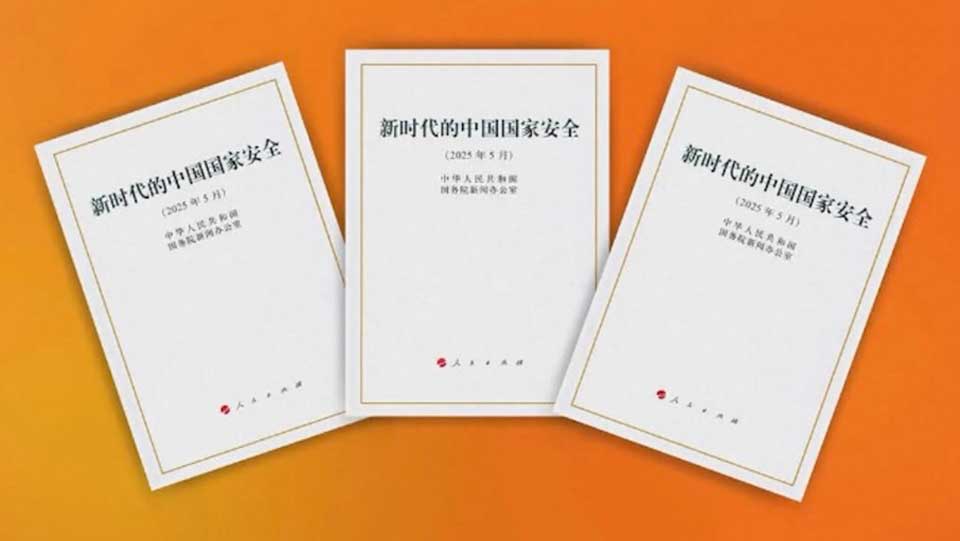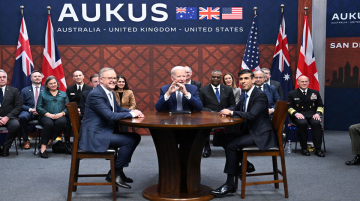
By Lukas Fiala
As I wrote a couple of weeks ago, China’s recently published national security whitepaper rightly deserves our attention at a crucial moment in global politics. Instructive both in terms of timing and implications, the paper cements Beijing’s realist perspective of the world at the heart of its grand strategic calculations. Others have written great analyses of the document, but I wanted to reflect more broadly about three elements of the paper.
Even before thinking about the content, the performative aspect of the strategy is noteworthy. As many have pointed out, this is the first time China has published such a document. It’s consequently difficult to avoid a comparison with U.S. national security strategies published by different administrations, with China clearly feeling more and more comfortable with its status as a great power whose thoughts and actions on national security are of global consequence.
This comes through in the way China speaks about its role in shaping the international security landscape, emphasising its active participation in global security governance, with the intent of portraying China as a source of stability in an era of change and disruption. The tension between China’s claim to exceptionalism as a non-interventionist and anti-hegemonic great power and its assertive behaviour across the South China Sea and Taiwan Strait, of course, remains unresolved.
With China’s assertive bid to build coalitions in support of Beijing’s views on key global security issues such as the wars in Ukraine and Gaza in recent years, the Global South will thus continue to feature as an important component of China’s national security strategy.
A second interpretation of the document may foreground its role in fostering collective action across China’s security apparatus. When Xi Jinping came to power, he inherited a weakly institutionalised civil-military relationship and a fragmented national security apparatus. References to the ongoing effort to exert absolute control over the security state are scattered throughout the document, at least if one reads between the lines of the Party’s political discourse.
As part of this effort, the document yokes together strategic concepts pertaining to domestic and foreign security policy, from the comprehensive national security concept to the Global Security Initiative.
In the context of shake-ups within the highest echelons of the military’s command and the longstanding effort to enhance coordination over foreign military-technical cooperation – from military diplomacy to arms sales and related capacity building engagements – the whitepaper weaves together domestic policy tools and international messaging radiating from the same ideological core of Xi’s thinking on the topic.
Finally, the paper highlights the role of the Global South in China’s ambitious bit to shape the conversation on the future of global security. By identifying the former as a key promoter of global stability, peace and progress, Beijing implicitly juxtaposes what it sees as the old world of U.S.-led international order with a new world characterised by multipolarity in which Chinese ideas and approaches will feature more prominently.
With China’s assertive bid to build coalitions in support of Beijing’s views on key global security issues such as the wars in Ukraine and Gaza in recent years, the Global South will thus continue to feature as an important component of China’s national security strategy.
Taken together, the white paper is thus not so much about the content as it is about delivery, with the Party leadership evincing a mostly confident vision of China’s role in promoting national security and international stability. It may thus be an older vintage, but the new bottles matter more than we might think at first sight.
Lukas Fiala is the project head of China Foresight at LSEIDEAS.







